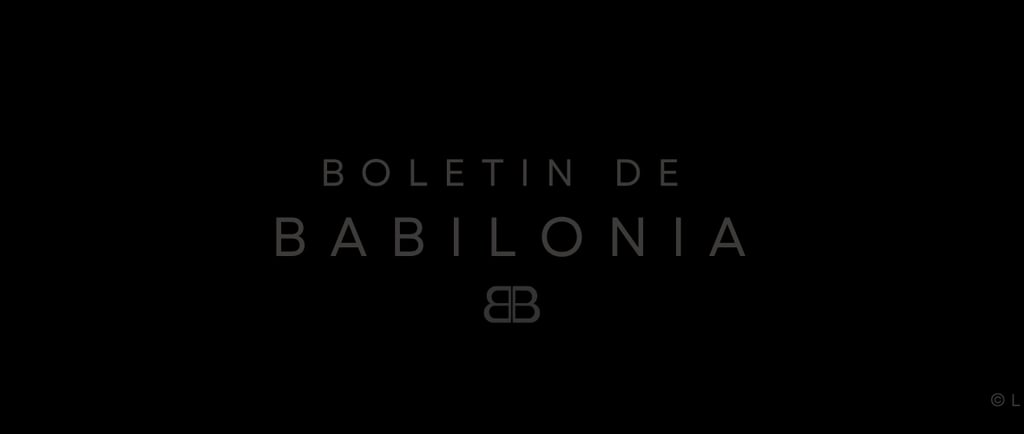THE OFFICIAL SITE OF LEA CELIK SOMMERSETH SHAW
World's End
on Nato, West and wars
8/7/2025


NATO, Corruption, and the Shadow of Detention: Power, Scandal, and the Biden-Trump Legacy
By Lea Celik Sommerseth Shaw
In an age when international alliances claim to defend democratic values and global peace, the North Atlantic Treaty Organization (NATO) stands as a towering paradox—armed to the teeth, shielded by secrecy, and riddled with corruption scandals that betray its founding principles. Beneath the surface of strategic alliances and public diplomacy lies a military juggernaut with access to some of the most destructive weapons on Earth—missiles capable of incinerating cities, cyberwarfare tools capable of crippling nations, and nuclear-ready systems at the beck and call of select member states.
The Systematic Destruction
NATO’s combined military spending eclipses that of any other alliance or nation bloc in the world. With the United States contributing over 70% of NATO’s defense budget, the organization has become a vast network of missile systems, stealth bombers, aircraft carriers, surveillance drones, and forward-deployed nuclear weapons stationed in Europe. The B61-12 gravity bomb—revamped and deployed to U.S. bases in Belgium, Germany, Italy, the Netherlands, and Turkey—remains a terrifying reminder of the alliance’s power.
This arsenal, cloaked in “defense,” serves both as deterrent and provocation. Critics argue that NATO’s forward posture in Eastern Europe, particularly after the 2014 Ukraine crisis, escalated tensions rather than stabilizing the region. By aggressively expanding eastward—right up to Russia’s doorstep—NATO ignored years of post-Cold War diplomatic warnings, creating the conditions for the resurgence of global military brinkmanship.
Corruption Within the Shield
While NATO projects an image of unity and shared values, it has not been immune to corruption. A 2019 internal audit revealed procurement fraud, inflated contracts, and revolving-door relationships between defense contractors and military officials. Lockheed Martin, Raytheon, and other U.S. defense giants wield enormous influence over NATO’s defense agenda. Billions of dollars flow through murky defense procurement channels where accountability is often sidelined in the name of national security.
One infamous scandal involved inflated costs for military infrastructure upgrades in Romania and Poland—justified as "defense against Russia" but reeking of political opportunism and contractor profiteering. In another case, a senior NATO logistics officer was dismissed (quietly) after whistleblowers exposed his involvement in a shell company that funneled weapons meant for conflict zones into black-market arms networks in North Africa and the Middle East.
NATO's opacity fuels the growth of a military-industrial elite operating beyond democratic oversight. Its parliamentary assembly holds little binding power, and its decisions are insulated from public scrutiny. Even within member states, transparency over contributions, arms transfers, and intelligence operations remains partial at best.
Detentions and the Biden-Trump Era
Under the Trump administration, NATO was both criticized and paradoxically empowered. President Donald Trump frequently lashed out at NATO, calling it “obsolete” and accusing European nations of freeloading on U.S. defense spending. Yet behind the populist bluster, U.S. military presence in Europe expanded. Trump increased funding for the European Deterrence Initiative, while bolstering intelligence-sharing mechanisms that further blurred the line between civil liberty and national security.
Most alarmingly, the Trump-era Department of Defense and intelligence apparatus saw a marked uptick in detentions of foreign nationals and suspected whistleblowers, many of whom were associated with revealing NATO-related corruption, arms deals, or covert operations. Some were held without formal charges under opaque national security justifications.
Multiple international journalists and activists reported being detained at U.S. and NATO-member airports, questioned about their communications and contacts, and in some cases, denied entry without explanation. These incidents occurred alongside the expansion of extraordinary rendition practices that saw suspects—often uncharged—transferred to black sites or friendly authoritarian states for interrogation.
One notable case was that of a former NATO subcontractor from Turkey who exposed financial irregularities involving weapons shipments. He was detained by U.S. officials in Germany during the Trump administration, disappeared from the public record, and later surfaced—badly injured—in a hospital in Ankara. His testimony has since disappeared.
The Democratic Dilemma
What does it mean when the so-called defenders of democracy deploy the tools of authoritarianism? When detention without trial, covert intelligence operations, and defense contractor impunity become normalized, the line between enemy and ally blurs.
For many around the world—especially in the Global South—NATO does not symbolize safety. It represents an elite, militarized club with too much power and too little accountability. From Afghanistan to Libya, NATO-led interventions have left devastation in their wake, raising hard questions about the legitimacy of force and the selective application of “human rights.”
Looking Ahead
As global tensions shift—amid rising multipolarism, climate crises, and popular uprisings against inequality—the role of NATO must be critically reevaluated. Its weapons are powerful. Its secrets are deep. Its actions have consequences not just for its member states but for billions of people worldwide.
The legacy of Trump-era detentions and NATO’s own internal scandals demand more than exposés. They demand public reckoning. The world can no longer afford a shadow empire of arms, lies, and silence masquerading as protector of peace.
Lea Celik Sommerseth Shaw
Saint Germain Des Pres 7 August 2025
© 2025 LCSS INC. Lea Celik Sommerseth Shaw. All rights reserved.
LCSS INC
LEA CELIK SOMMERSETH SHAW INC
Business Centre Raadhuspladsen, Rådhuspladsen 16, 1550 København, Denmark
152-154 Saint Germain Des Pres 75006 Paris + 100 Bishopsgate London EC2N 4AG (Not France /UK/Sweden based saintgermaindespres.blog)
Haagsche Hof, Parkstraat 83-91 2514 JG Den Haag
Metropolitan Park, 8 Hillside Road, Johannesburg
28/F, Huaihai Plaza Shanghai 200032
Please Note Always post public and Always have No DM/Chat Notifications, she correspondence with International Community in person.
Lea closed her X/Linkedin hw censoring scamming Macron Trump forwarded with US-Israel lobbying LA band Wallflowers to International Courts. saintgermaindespres.blog